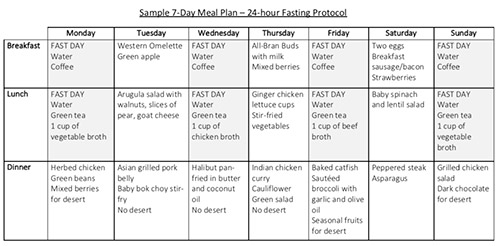
We look for new words to describe new phenomena. The way we describe the world changes all the time. The problem, after all, isn’t a lack of insulin – as it is with type 1 diabetes – but too much insulin. That means they no longer react to insulin because there’s just too much of it the body.Īs a result, Insulin shots aren’t particularly well suited to treating type 2 diabetes.

The body responds by producing large amounts of insulin in an attempt to regulate all the ingested sugar.Įventually, the body’s cells become insulin-resistant. It’s typically the result of a poor, sugar-rich diet. That’s why type 1 diabetes patients need insulin shots to live safely. When the body stops creating enough insulin, blood sugar levels spike. Insulin is the hormone responsible for regulating blood sugar levels. That means that the body’s immune system is attacking insulin-producing cells. Let’s take a look at the differences between type 1 and type 2 diabetes. The body responds by trying to eliminate excess glucose through frequent urination. Both reflect the fact that the kidney isn’t processing blood sugar or, to give it its proper name, glucose, in the patient’s body. Its symptoms include thirst and needing to urinate frequently. Other types of the disorder are related to genetic problems and a dysfunctional pancreas.

These include types 1 and 2, as well as gestational diabetes caused by high blood sugar levels during pregnancy. The figures make for a worrying read: one hospital in New York recently reported that it was treating ten times as many diabetes patients in 2000 than it had been in 1990 and that the majority of new cases were type 2.ĭiabetes is a disorder related to high blood sugar and consists of four basic types.

In this summary of The Diabetes Code by Jason Fung, you’ll learn As Jason Fung shows in The Diabetes Code, dietary changes and intermittent fasting can help put type 2 diabetes patients on the road to health, while sparing themselves expensive and invasive surgery. In fact, there’s plenty of evidence that insulin shots actually increase the risk of cardiovascular diseases, strokes and heart attacks if you have type 2 diabetes.īut there’s a solution.

Unfortunately, the standard treatment for type 1 diabetes just doesn’t work for type 2 diabetes. That, in turn, leads to insulin resistance and all sorts of serious health issues. The cause? Carb- and sugar-heavy diets and a sedentary lifestyle our bodies just can’t keep up with. Nearly 400 million people have the disorder around the world, with 28 million of them in the US alone – and it’s on the rise.


 0 kommentar(er)
0 kommentar(er)
